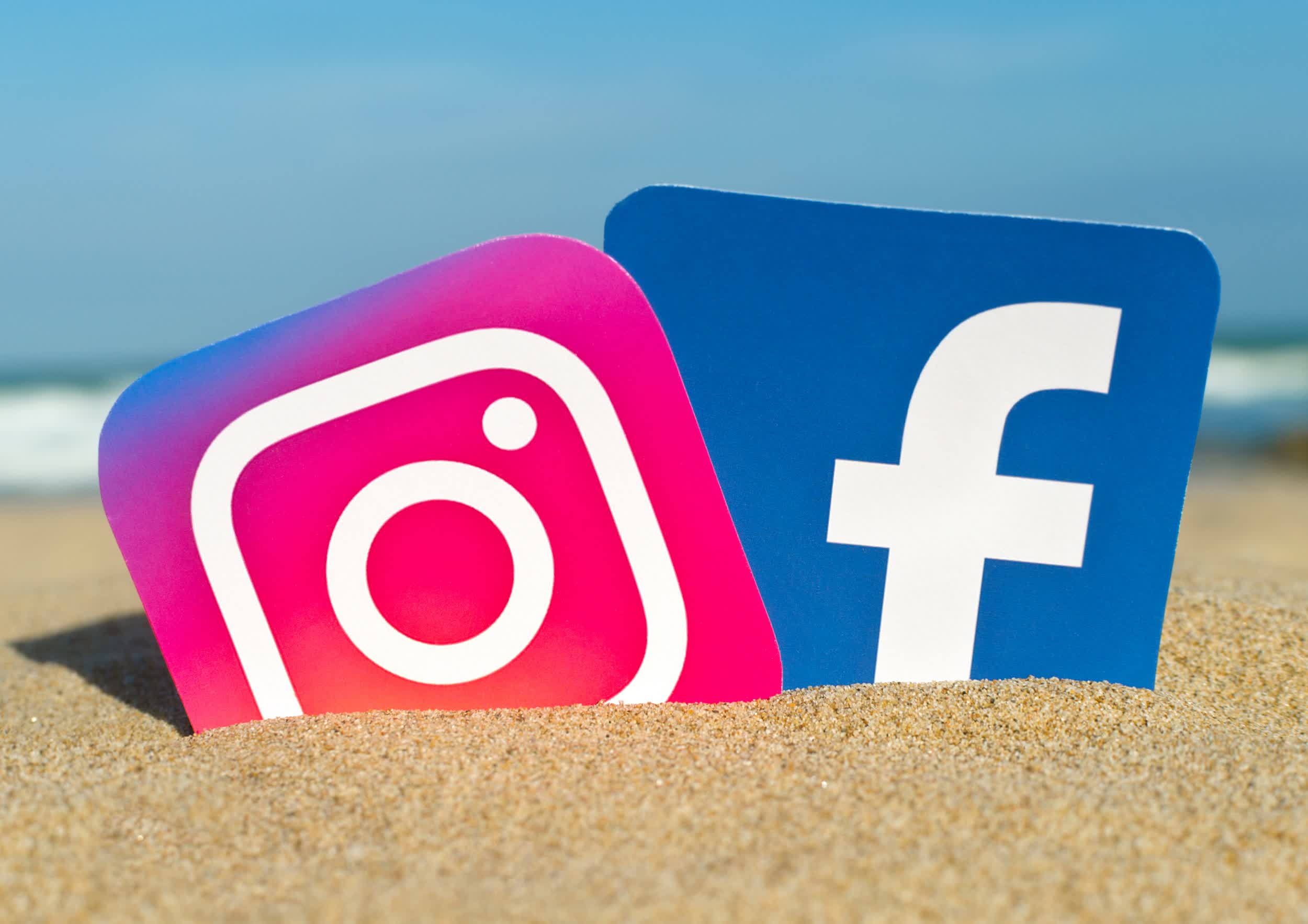TL;DR: For Facebook, the terrible, horrible, no good, very bad year will stretch well beyond 2020. As anticipated, the Federal Trade Commission has filed a lawsuit against Facebook that challenges the social media company’s “multi-year course of unlawful conduct” and seeks to unwind its acquisition of Instagram and WhatsApp.

Specifically, the complaint calls out Facebook’s 2012 acquisition of “up-and-coming rival” Instagram and its 2014 purchase of mobile messaging app WhatsApp. The suit also targets what the FTC called “the imposition of anticompetitive conditions on software developers” to curb threats to its “monopoly.”
The moves, the suit alleges, harm competition and leave consumers with few choices for personal social networking. What’s more, it “deprives advertisers of the benefits of competition.”
The FTC is seeing actions that could force Facebook to divest certain assets including Instagram and WhatsApp. The suit also aims to prevent the social media giant from levying anticompetitive conditions on software developers. Furthermore, the FTC and plaintiffs would like Facebook to get prior approval for future acquisitions.

“Personal social networking is central to the lives of millions of Americans,” said Ian Conner, director of the FTC’s bureau of competition. “Our aim is to roll back Facebook’s anticompetitive conduct and restore competition so that innovation and free competition can thrive,” he added.
The FTC collaborated with attorneys general of 46 states, the District of Columbia and Guam during its investigation.
Facebook on Thursday said that both of its acquisitions (Instagram and WhatsApp) were reviewed by relevant antitrust regulators at the time. As Facebook recounts, the FTC conducted an in-depth Second Request of the Instagram transaction before voting unanimously to clear it while the European Commission reviewed the WhatsApp deal in 2014 and said there was no risk of harm to competition.
“Now, many years later, with seemingly no regard for settled law or the consequences to innovation and investment, the agency is saying it got it wrong and wants a do-over. In addition to being revisionist history, this is simply not how the antitrust laws are supposed to work.”
Facebook added that it is aware of the atmosphere in which the FTC is bringing the case. “Important questions are being asked about “big tech” and whether Facebook and its competitors are making the right decisions around things like elections, harmful content and privacy.”
Facebook said it has taken many steps to address these issues, adding that they are far from done. “But none of these issues are antitrust concerns, and the FTC’s case would do nothing to address them.”
Image credit: Cryptographer, tanuha2001